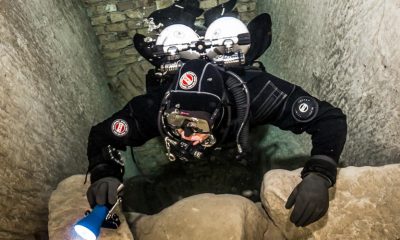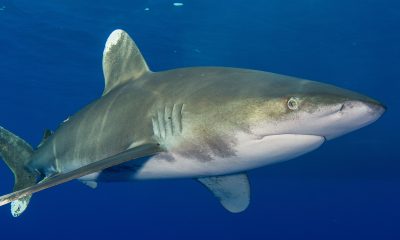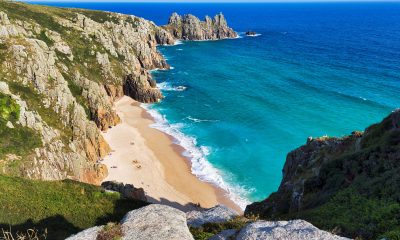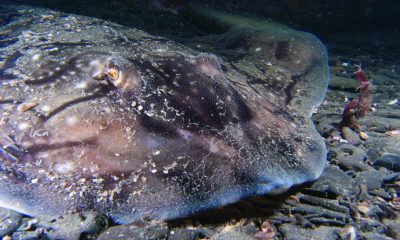News
National Whale and Dolphin Watch 2018 is most successful yet! (Watch Video)
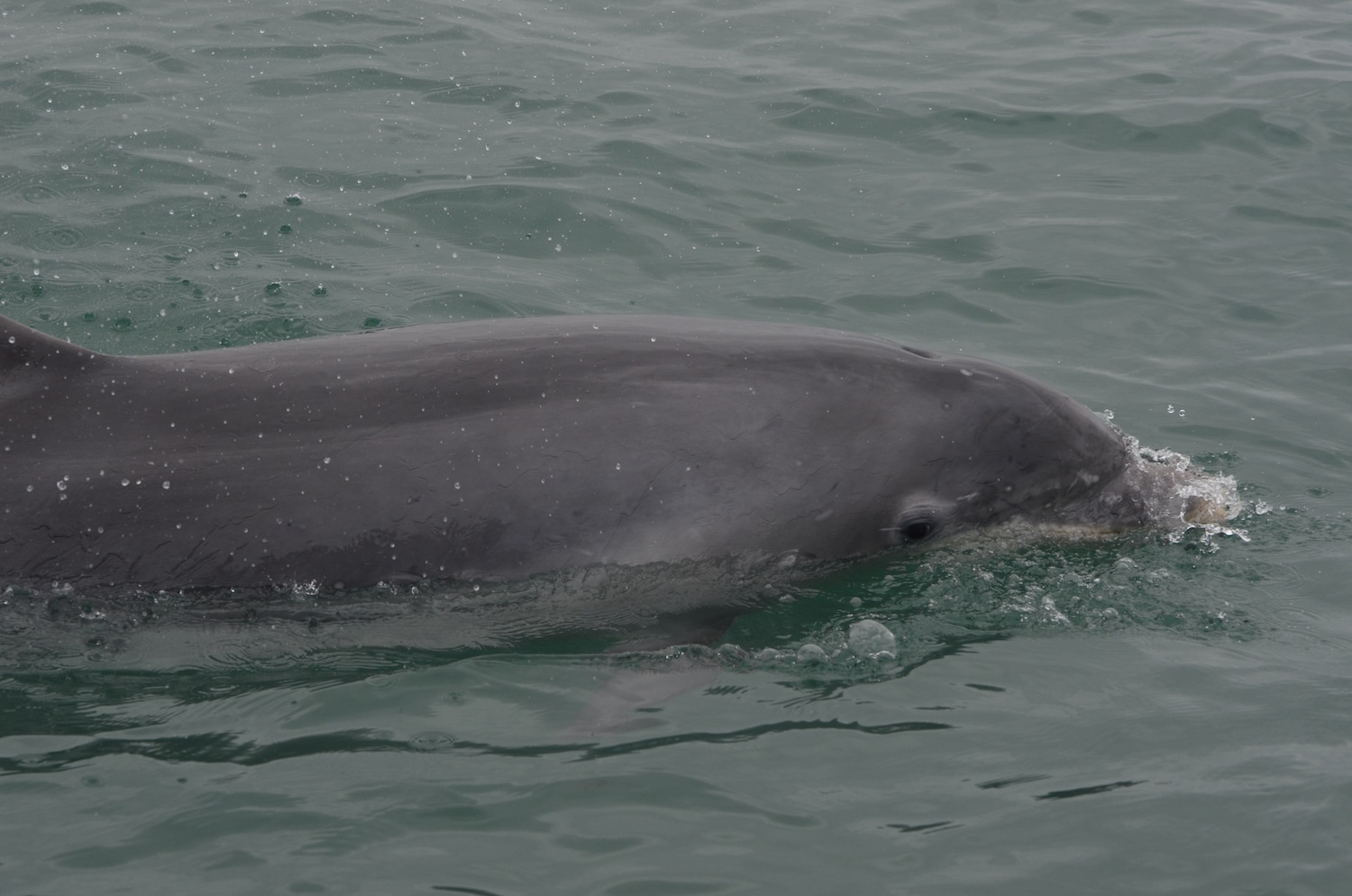
As the National Whale & Dolphin Watch concludes for another year, organisers are calling the 2018 event the most successful yet with an unprecedented variety of whale and dolphin species recorded around the UK during last week. Thirteen species and more than 500 sightings have been reported, and sightings continue to stream in.
“This looks like being the best National Whale & Dolphin Watch event of the last two decades,” reported Dr Chiara Giulia Bertulli, organiser of this year’s national event for the UK national research charity, Sea Watch Foundation.
The 2018 National Whale and Dolphin Watch event involving thousands of volunteers from all around the British Isles, conducted between 28th July and 5th August, has revealed the striking biodiversity of Britain’s Whales, Dolphins and Porpoises.
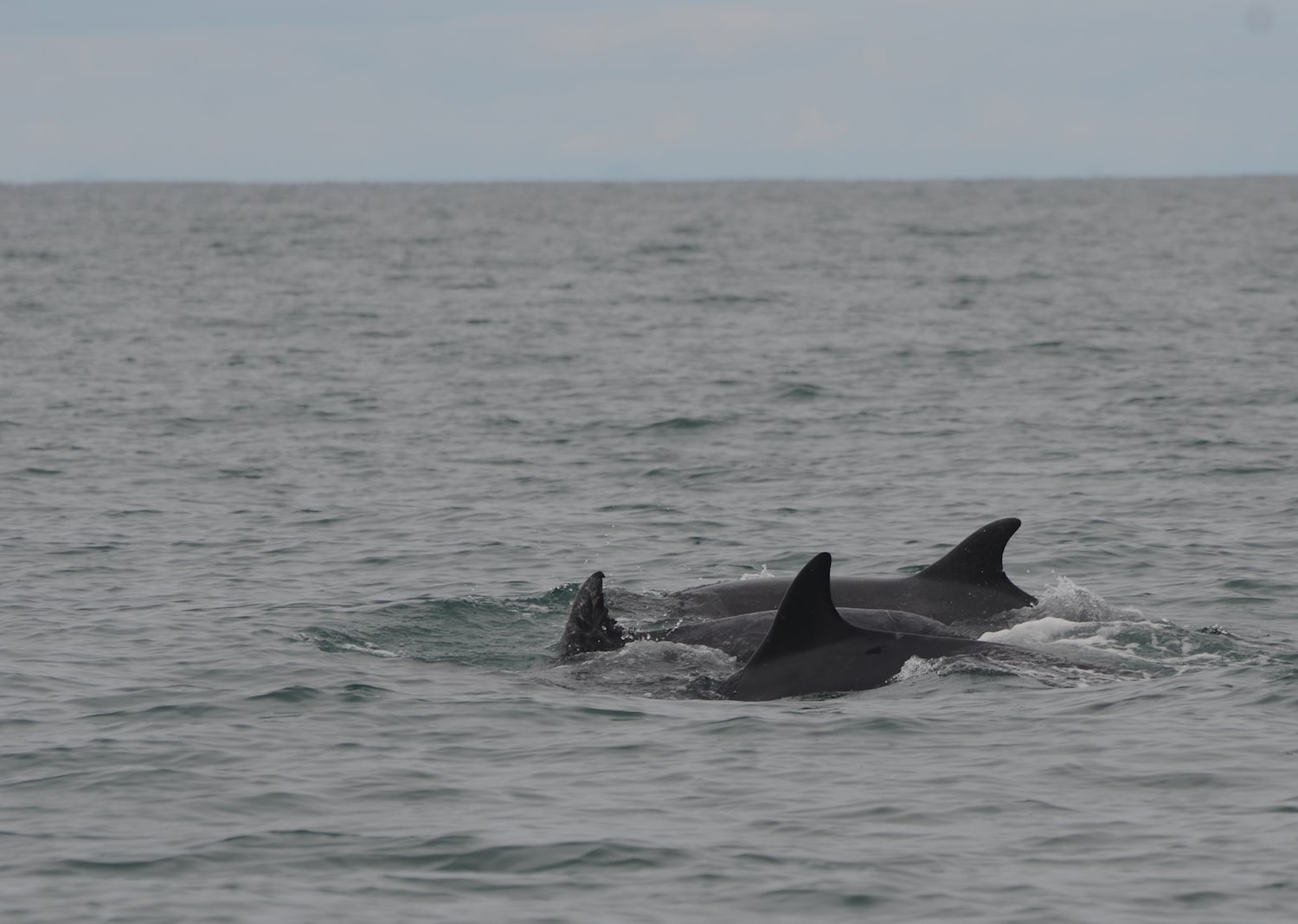
Photo: Chiara G. Bertulli / Sea Watch Foundation
This summer has seen a good number of humpback whale sightings all around the UK, with individuals popping up this last week in the North Sea off the Aberdeenshire coast and off Flamborough Head in Yorkshire. This species is making a noticeable come-back after many decades of exploitation in the North Atlantic.
“However, the most extraordinary sighting from this year’s Watch week”, adds Chiara, “was surely the Sowerby’s beaked whale which live stranded in the shallow waters of Belhaven in East Lothian, Scotland, on July 29th. This year also saw the addition of the striped dolphin, which in Britain and Ireland, is very rare, seen occasionally off the Atlantic coasts mainly in the south-west of Ireland. This species of warm temperate seas came to the shore at Pendine in South Wales on July 31st.”
Watch this video of short-beaked common dolphins filmed three miles off Dodman Point in South Cornwall.
Video: Rupert Kirkwood / thelonerkayaker:
At the time of writing, a total of 527 sightings have been submitted after the 9-day event. With regards to number of species recorded, results show that records at this stage are up 50% on last year. Cetacean data collection is strongly weather dependant. Factors such as sea state, swell height and visibility to the horizon affect how easily animals can be detected during a watch. Heavy rain and wind can even cause watches to be cancelled altogether.
For these reasons, every year, the volunteers rely heavily on good weather conditions for the success of National Whale and Dolphin Watch. Like previous years, this year’s event was scheduled over nine days to increase the chances of coinciding with a favourable weather window. The weather forecast at the beginning of the event was very poor with frequent showers and strong winds around the country which forced several watches to be cancelled and to be rescheduled to this past weekend. However, once the weather stabilized and the temperature increased the number of sightings increased dramatically and it showed.
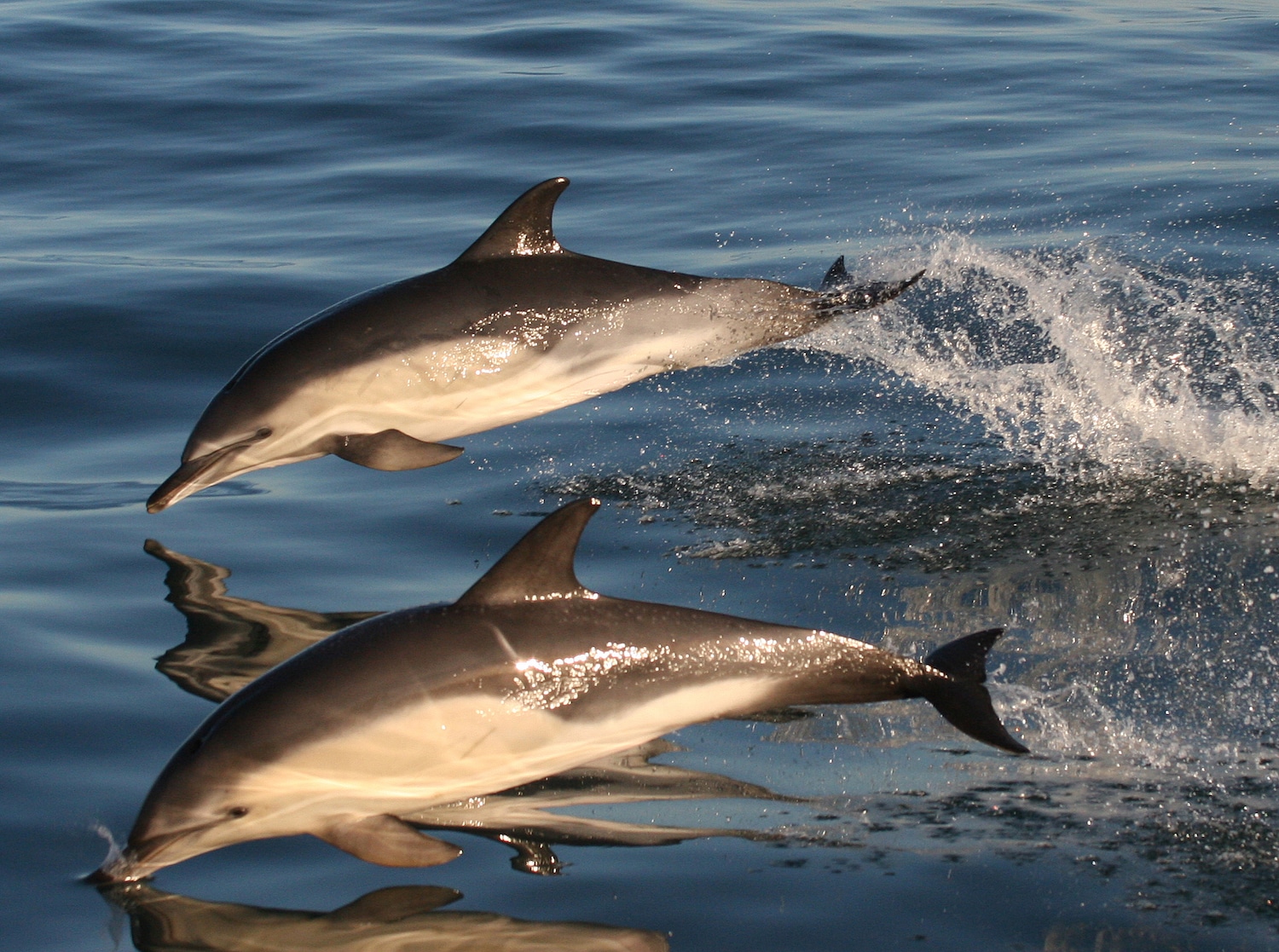
Photo: SBCD – Peter G.H.Evans / Sea Watch Foundation
Possible explanations for this summer’s high number of cetacean species sighted during this year’s event are the good stable weather recorded this summer, with high temperatures which brought in warmer water species like striped dolphin, and created the conditions for plankton fronts to develop, attracting shoals of fish and in turn, whales and dolphins.
“We are seeing a general longer term trend,” adds Chiara, “for warm water species to be extending their range further north – species like the short-beaked common dolphin and the Risso’s dolphin as well as the striped dolphin. Since a greater number of species live in warm waters, the effects of climate change can actually be positive at mid latitudes such as around the British Isles.”
“We should still be a little cautious,” says Dr Peter Evans, Director of the Sea Watch Foundation. “Although new species of cetaceans have been added recently to the British list of mammals, there are more northern species that we could lose from our fauna – species like Atlantic white-sided dolphin and white-beaked dolphin, and the problem with tropical and warm temperate species entering our seas is that they face a much wider range of human pressures along the industrialised coastlines of northern Europe.”
All the verified sightings so far can be viewed online – www.seawatchfoundation.org.uk/nwdw-2018 – where they are updated as more reports come in.

Blogs
TRAVEL BLOG: Jeff Goodman Dives SOMABAY, Part 3

Today we are diving one of the outer reefs from an inflatable. As we reach the bottom, a reef octopus eases its way into the cover of a small crack in the coral while displaying it’s incredible ability to change colour. They are arguably one of the most charismatic of reef dwellers and it is always exciting for me to simply hover and watch. I would have spent longer and waited for it to come and investigate me, but as dive time is limited we wanted to move on and find a turtle.
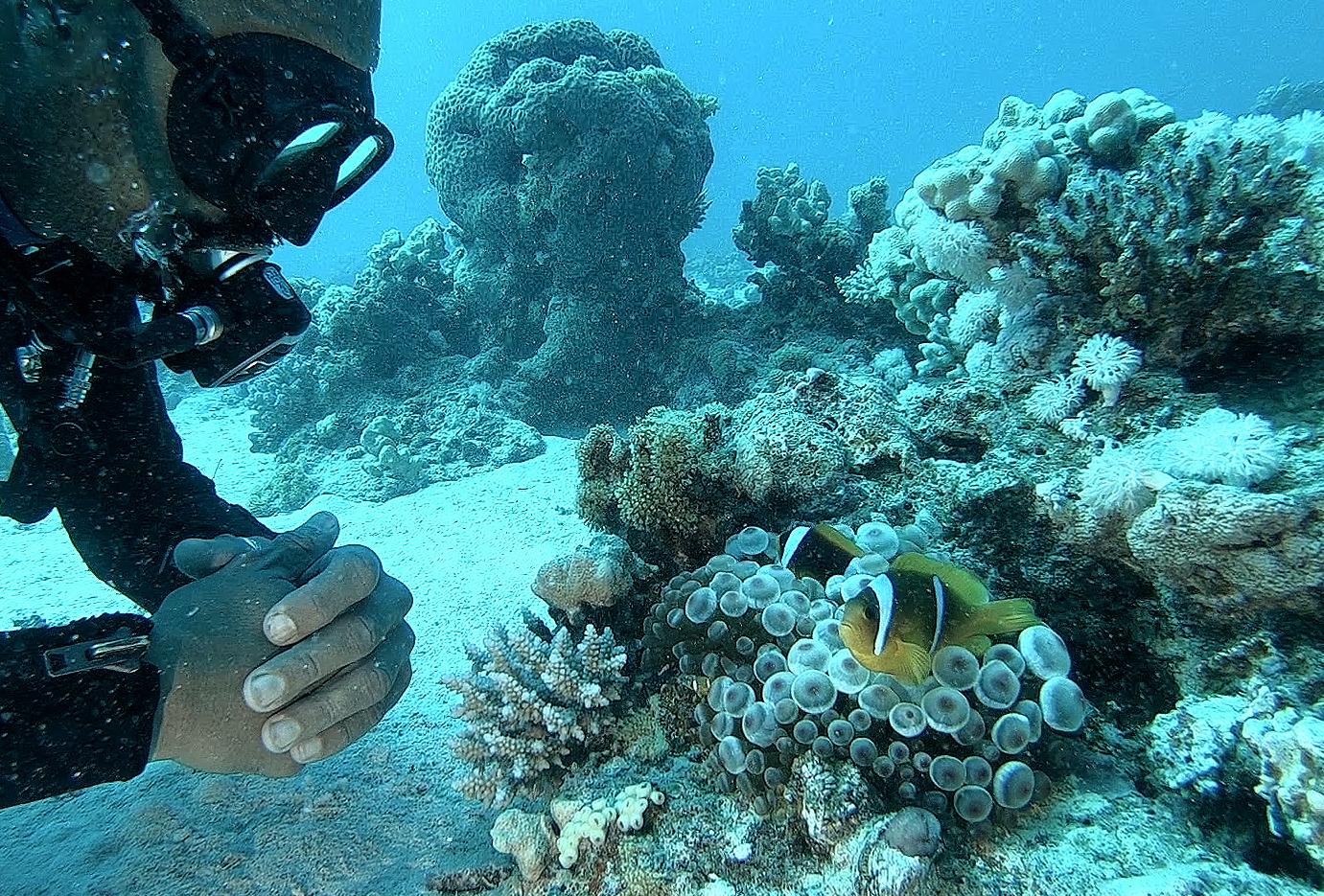
The waters around Somabay are well protected and hold a rich variety of marine life. The reef edges are thriving colonies of coral and shoaling fish, while nearer the sea bed plenty of wildlife is still to be found.
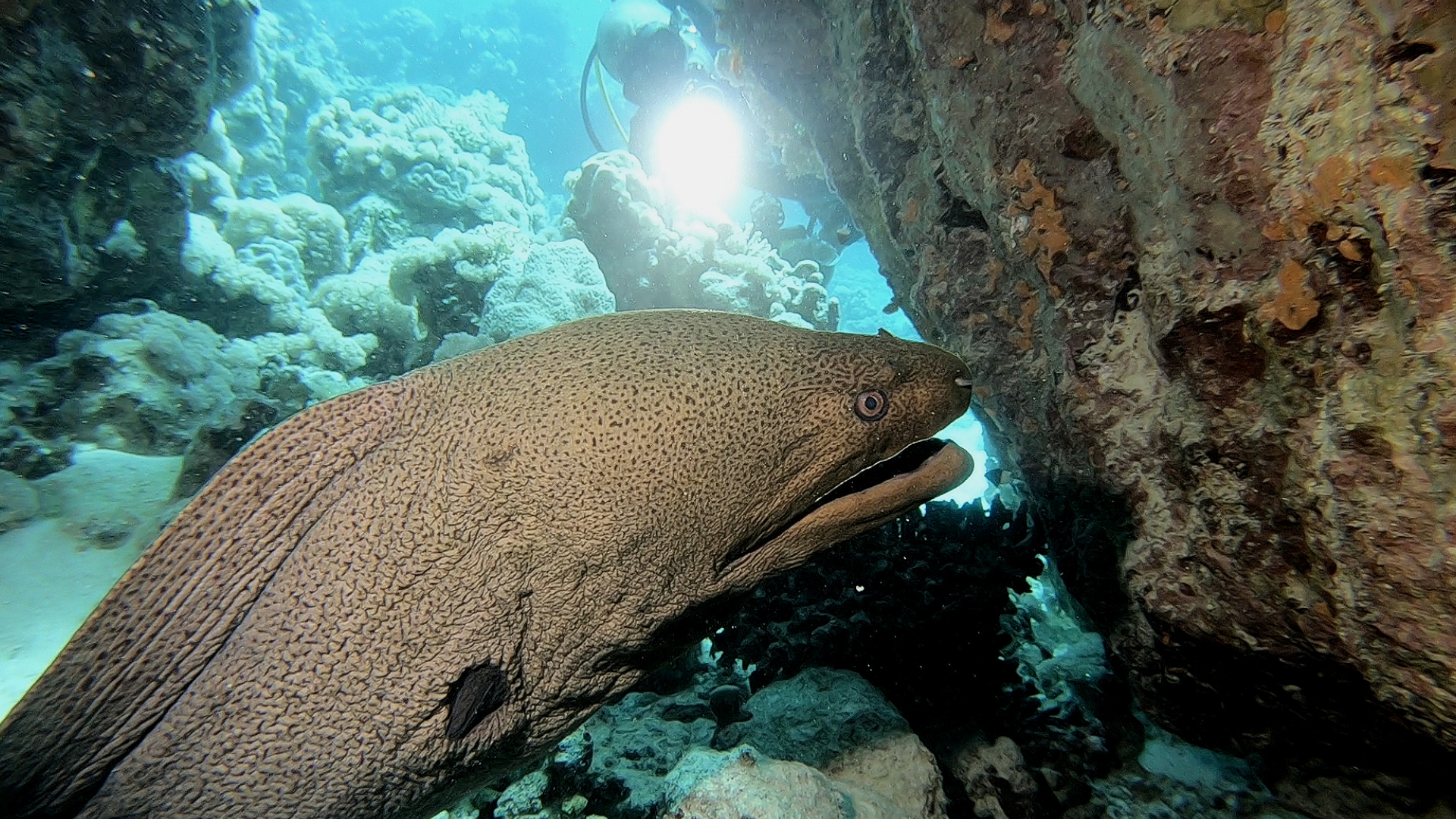
Then we located the turtles. They are very used to divers and so show little concern when slowly approached. In fact occasionally one will come over to see what you are doing. There is always huge excitement when diving with a turtle. The shear thrill of sharing a moment with another species.
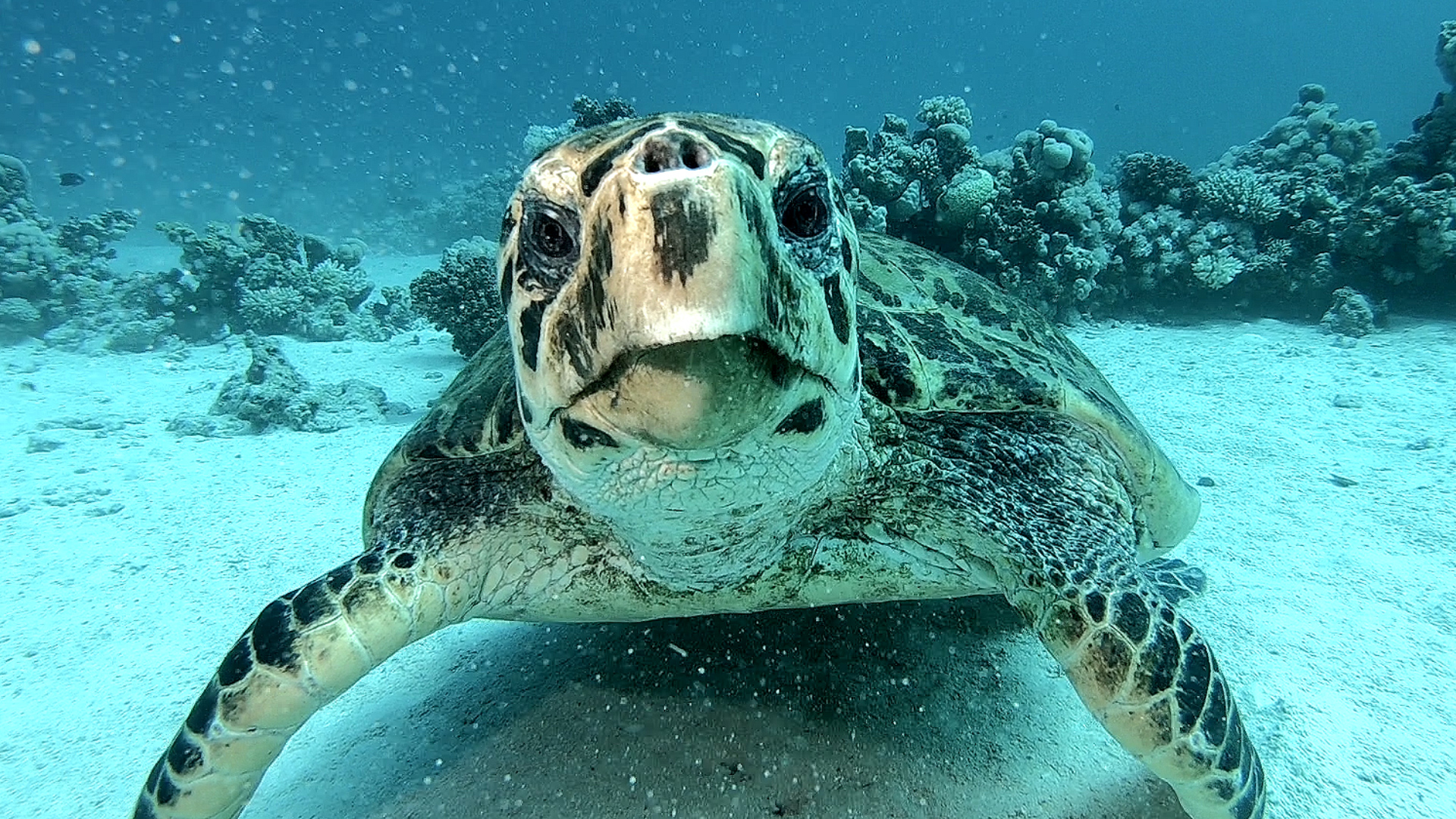
What a fantastic way to finish a wonderful few days diving and I would like to thank SOMABAY, ORCA DIVING and THE BREAKERS for making my stay such a good one.
I had a great time, with diving everyday either on the house reef or on one of the offshore reefs by inflatable or larger day boat. Orca diving provided high quality equipment and facilities while the staff were all very friendly and welcoming. The Breakers was right on the coast with nice rooms, good food and once again friendly staff making the whole trip a real pleasure.
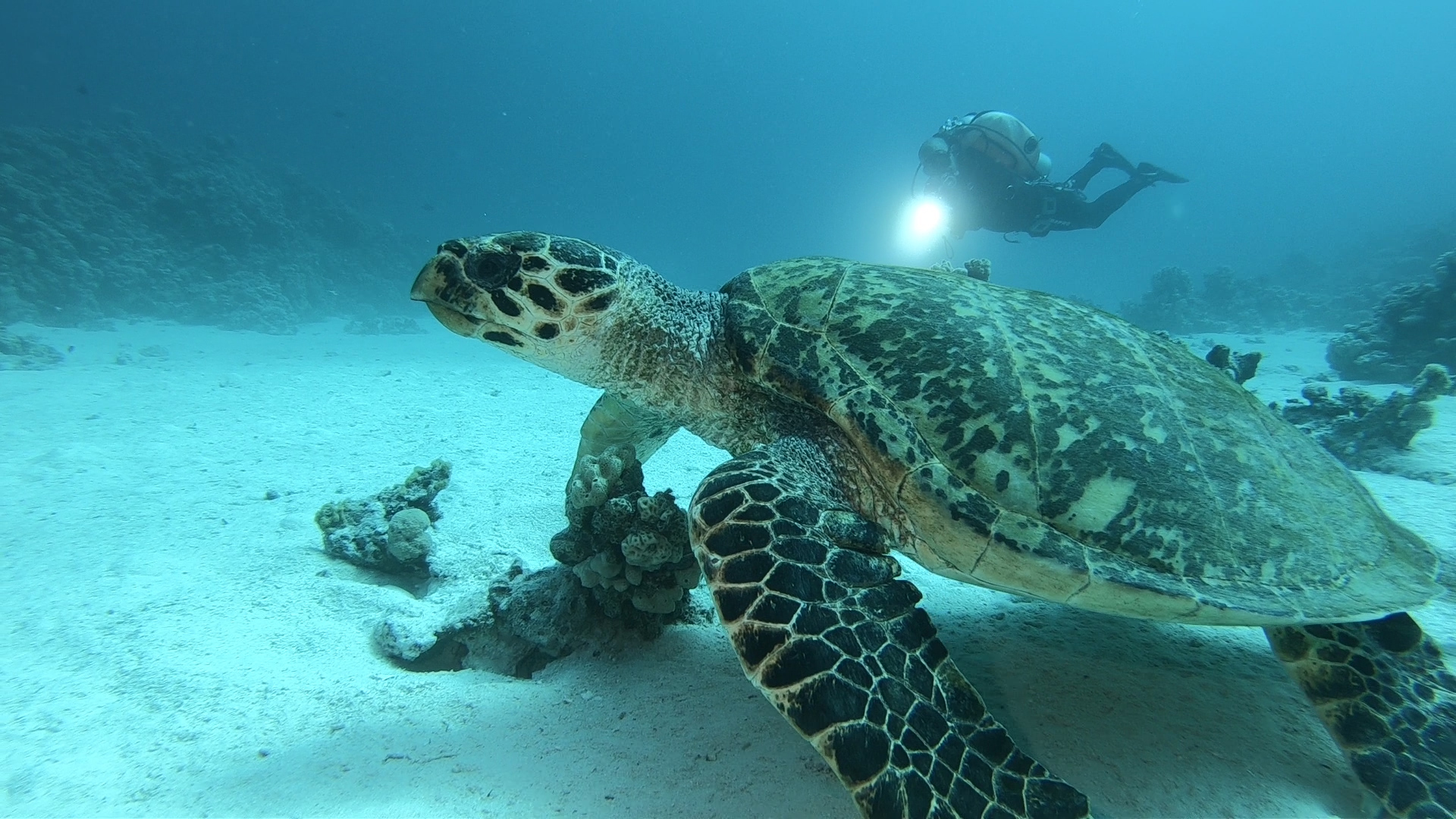
Soma Bay covers an entire peninsula and is home to several resorts as well as residential compounds.
As well as scuba diving, Somabay caters for many other sports and activities, and so is perfect for families as well as individuals and/or groups. And of course there is always time to lay peacefully on the beach under the Egyptian sun.
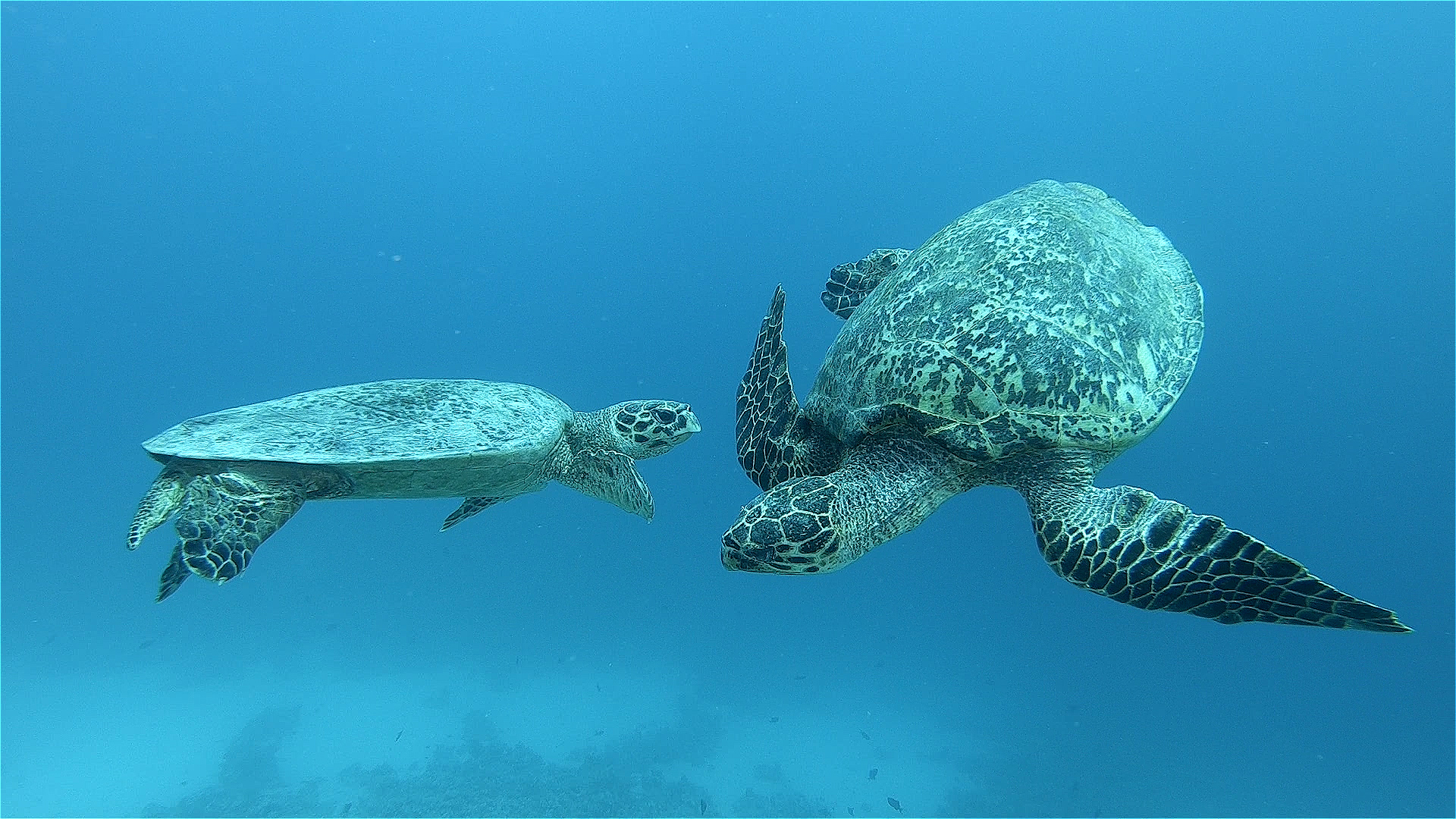
Book your next Red Sea dive adventure with SOMABAY! For more information, visit www.somabay.com.
Stay at the Breakers Diving & Surfing Lodge when you visit! For more information, visit www.thebreakers-somabay.com.
Find out more about ORCA Dive Clubs at SOMABAY at www.orca-diveclubs.com/en/soma-bay-en.
Blogs
TRAVEL BLOG: Jeff Goodman Dives SOMABAY, Part 2
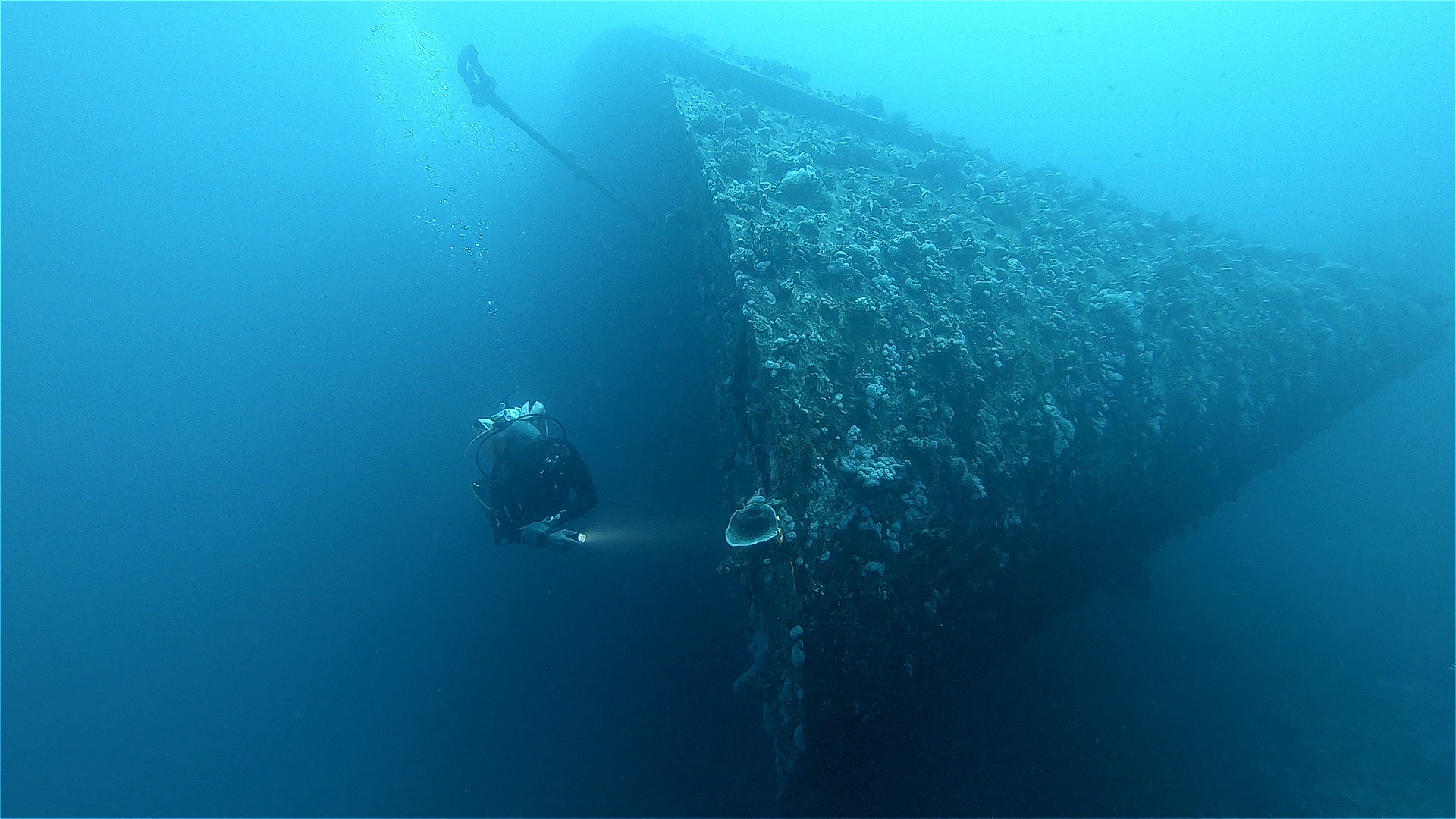
Day three of my trip to Somabay and we were spending the day on the Lady Christina and diving on the wreck of the Salem Express.
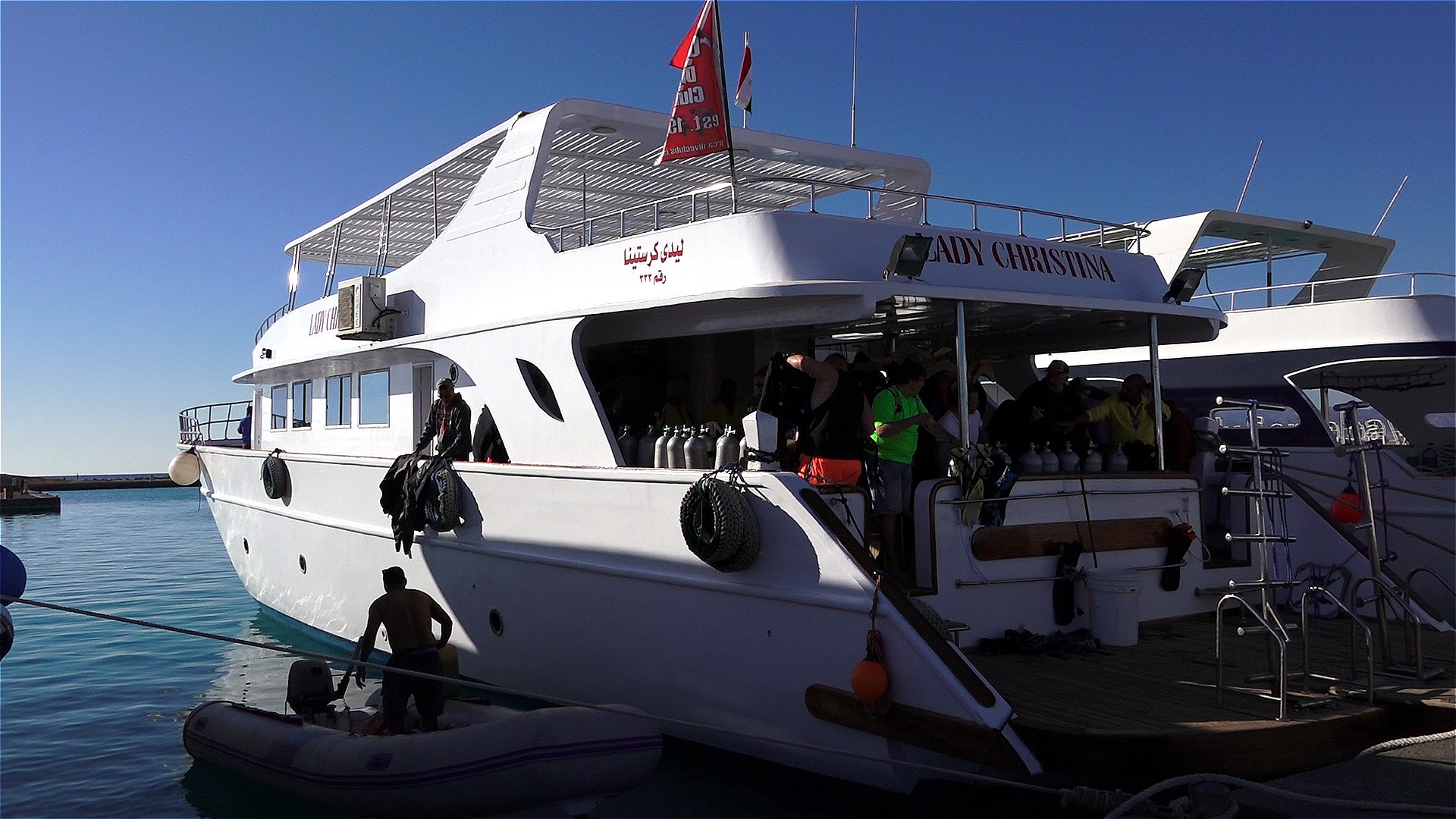
Diving wrecks for me is always one of mixed emotions. The excitement of diving a wreck is more than often tempered by the thought of loss of life when she sank. The Salem Express was a passenger ship and a roll-on/roll-off ferry travelling from Jeddah, Saudi Arabia to Safaga, Egypt. Most passengers were of poor class travelling home from their holidays while around 150 people were returning home from their pilgrimage to Mecca.

The ship struck a reef and sank within 20 minutes. Passengers were trapped below deck and the ship was filled with fear and panic.
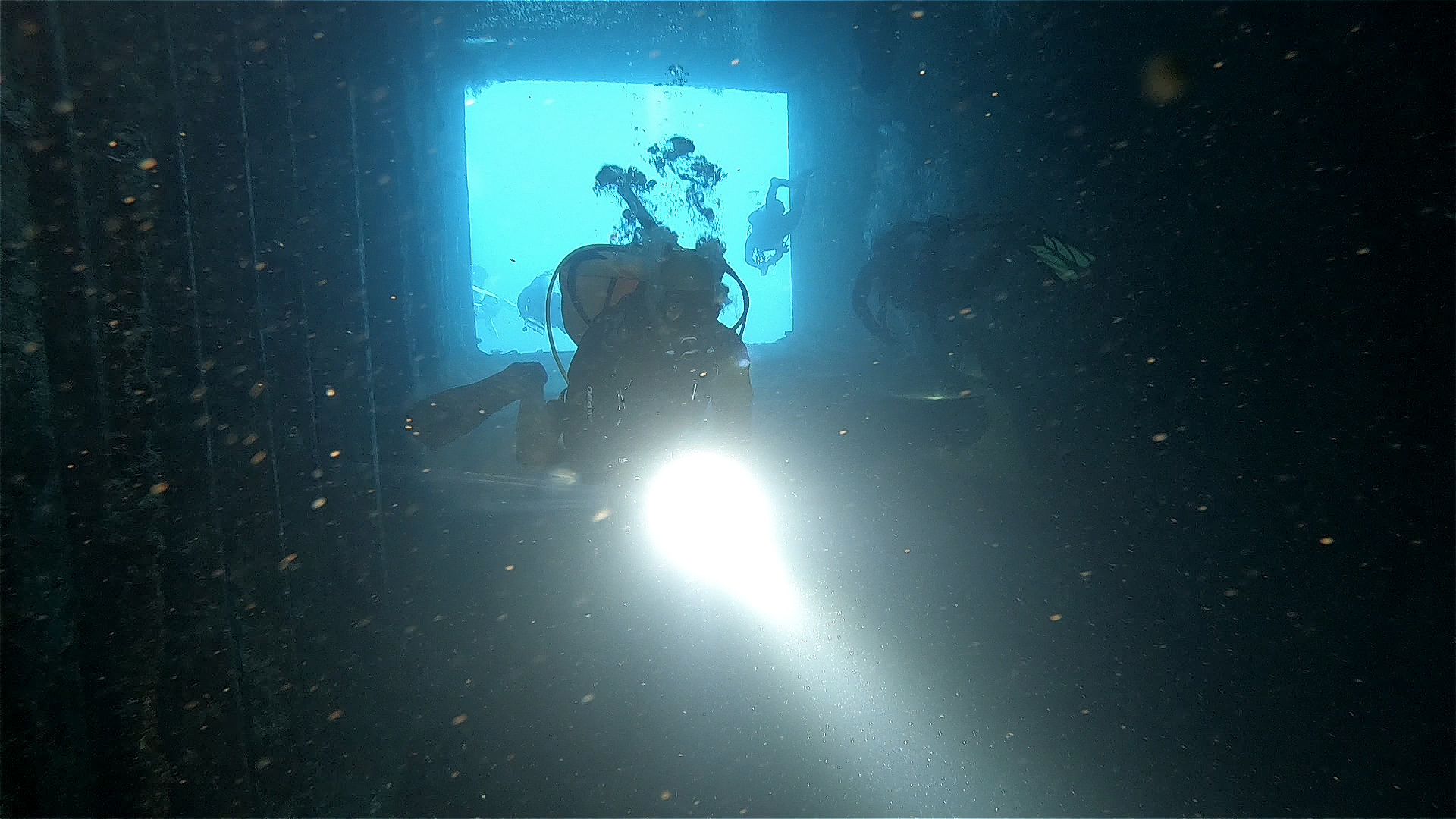
The wreck area is strewn with personal belongings from the crew and passengers such as a transistor radio and a flat iron for clothes. A diver at sometime has put them in a prominent place to be seen.

Tragically only one life boat was launched while the others went down with the ship. More than 600 men, women and children lost their lives here.
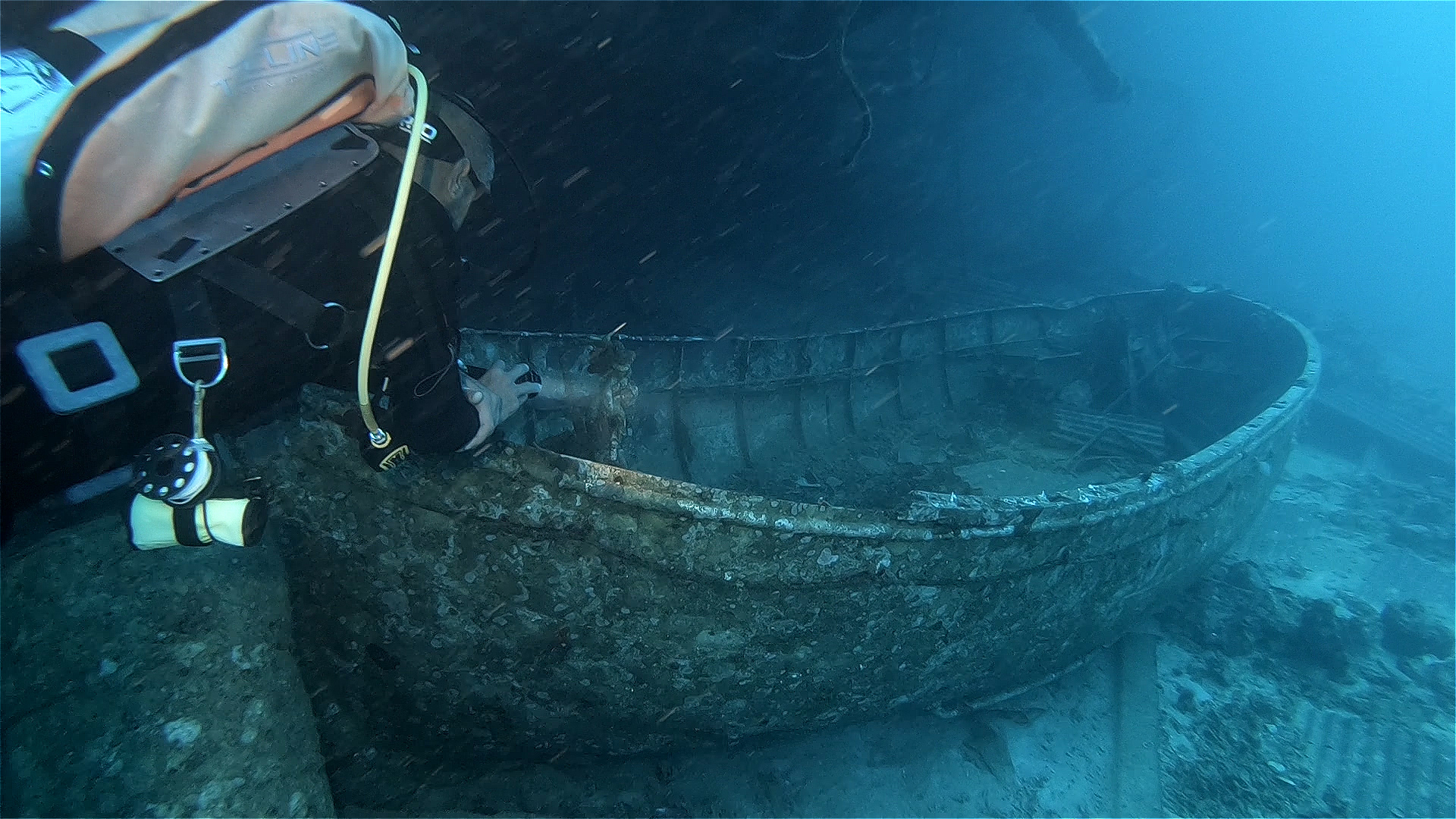
It’s a stark reminder that the sea can be unforgiving and so when we dive on such wrecks we should do so with humble regard.
Returning to the surface, shoals of fish are gathered under our boat and seem to be welcoming us back into the light.
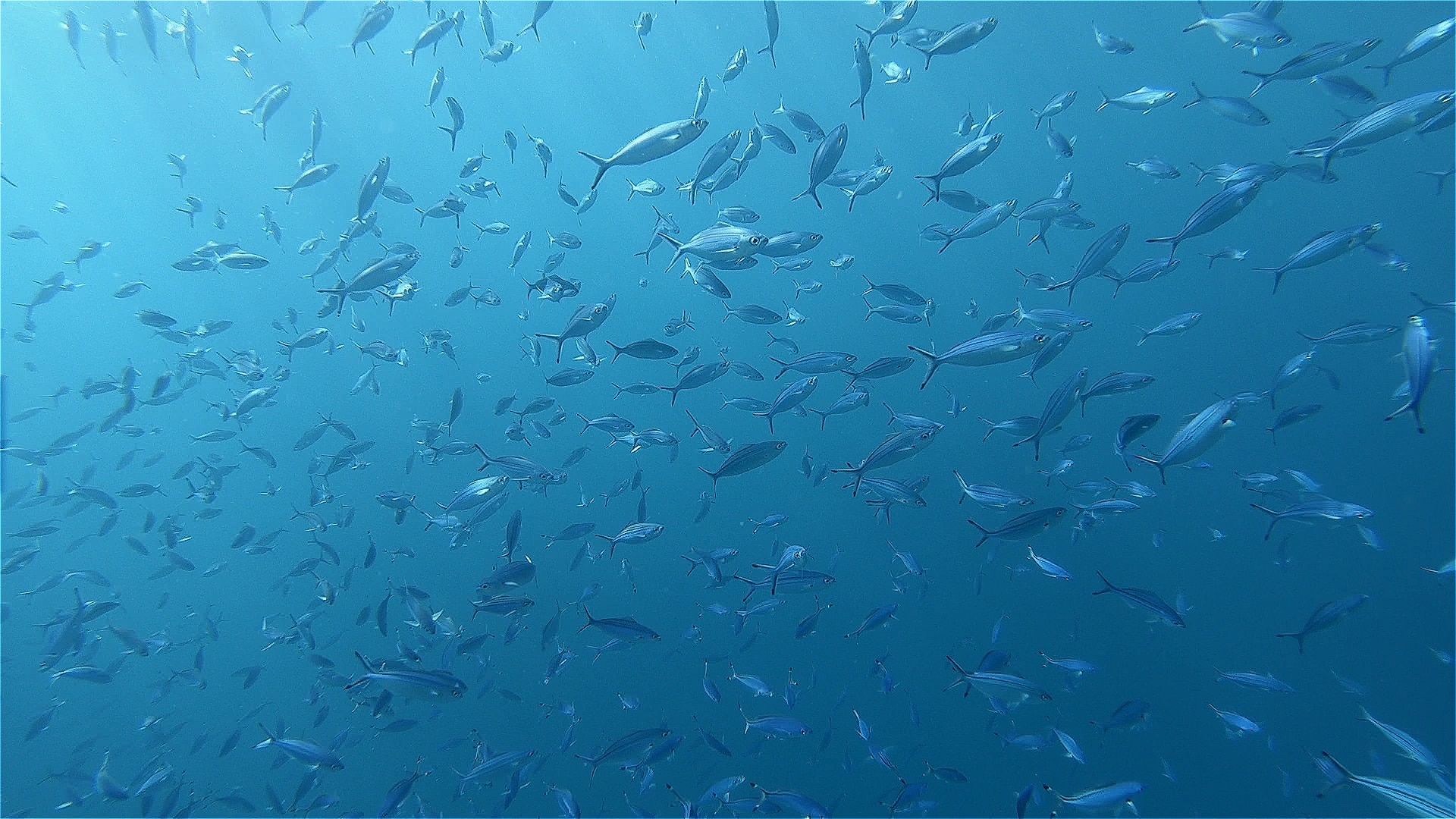
Back at the Breakers I sat in the dining area with a beer and a very good meal while my thoughts still remained with the day’s dive on the Salem Express.
Check in for part 3 tomorrow for Jeff’s last day of diving with Somabay on the off-shore reefs looking for turtles.
Book your next Red Sea dive adventure with SOMABAY! For more information, visit www.somabay.com.
Stay at the Breakers Diving & Surfing Lodge when you visit! For more information, visit www.thebreakers-somabay.com.
Find out more about ORCA Dive Clubs at SOMABAY at www.orca-diveclubs.com/en/soma-bay-en.
-

 News3 months ago
News3 months agoHone your underwater photography skills with Alphamarine Photography at Red Sea Diving Safari in March
-

 News2 months ago
News2 months agoCapturing Critters in Lembeh Underwater Photography Workshop 2024: Event Roundup
-

 Marine Life & Conservation Blogs2 months ago
Marine Life & Conservation Blogs2 months agoCreature Feature: Swell Sharks
-

 Blogs1 month ago
Blogs1 month agoMurex Resorts: Passport to Paradise!
-

 Gear News3 months ago
Gear News3 months agoBare X-Mission Drysuit: Ideal for Both Technical and Recreational Divers
-

 Blogs2 months ago
Blogs2 months agoDiver Discovering Whale Skeletons Beneath Ice Judged World’s Best Underwater Photograph
-

 Gear Reviews2 months ago
Gear Reviews2 months agoGear Review: Oceanic+ Dive Housing for iPhone
-
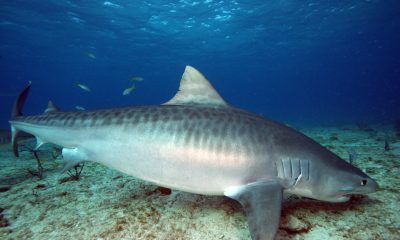
 Blogs3 months ago
Blogs3 months agoThe Thrilling Encounter with Tiger Sharks at Beqa Lagoon’s ‘The Colosseum’ with Coral Coast Divers





